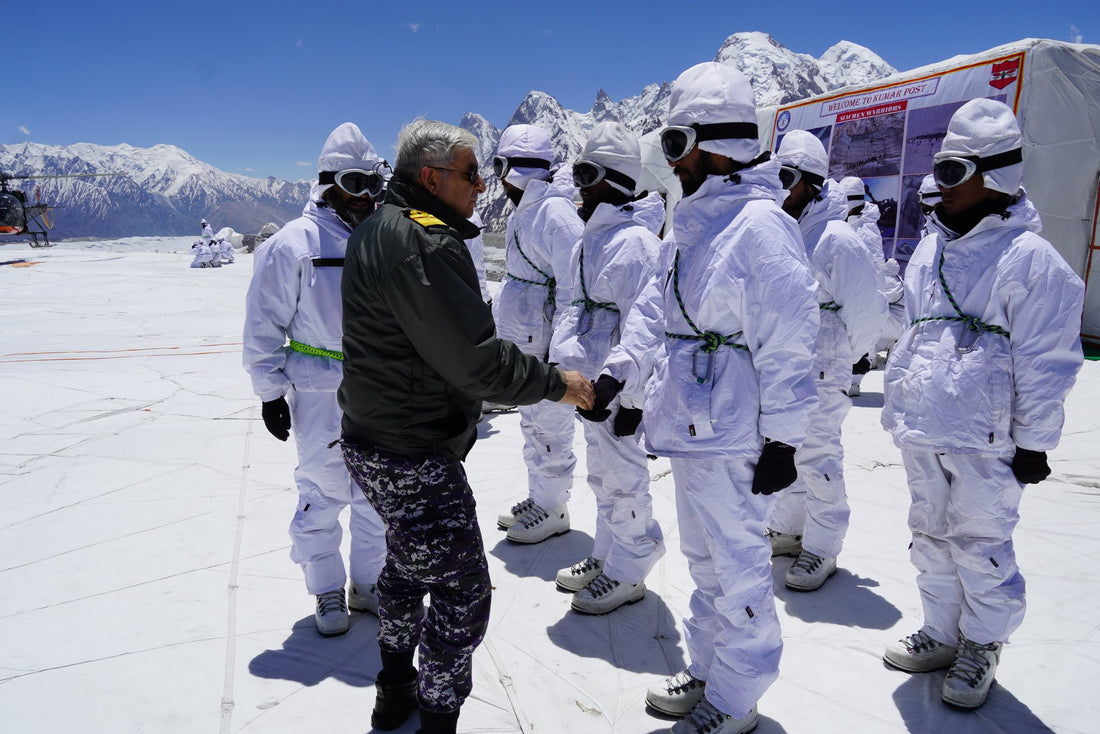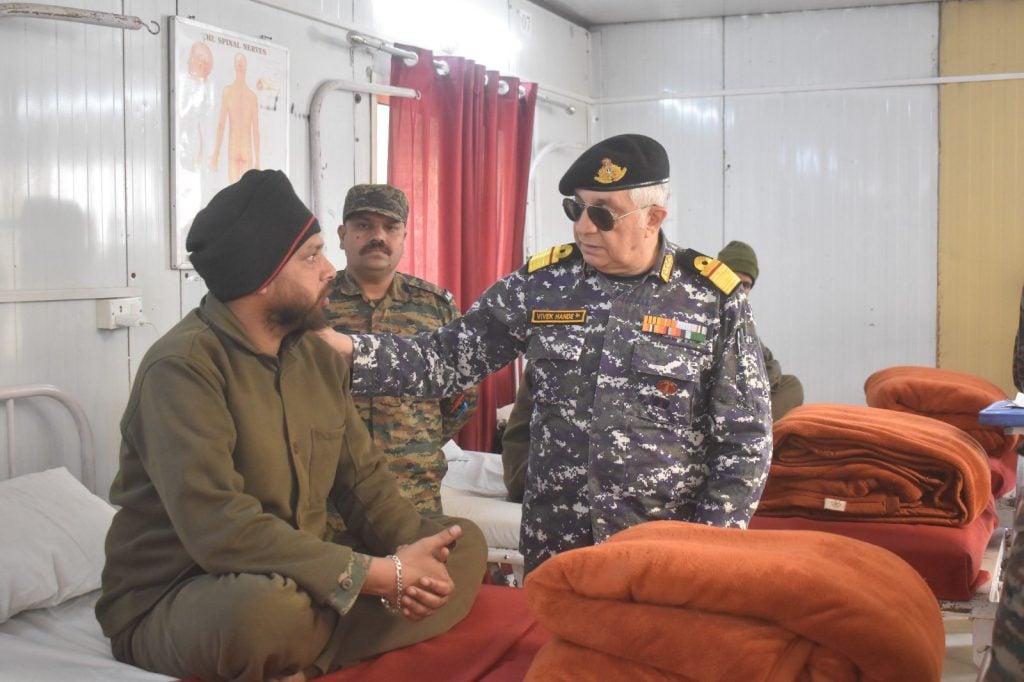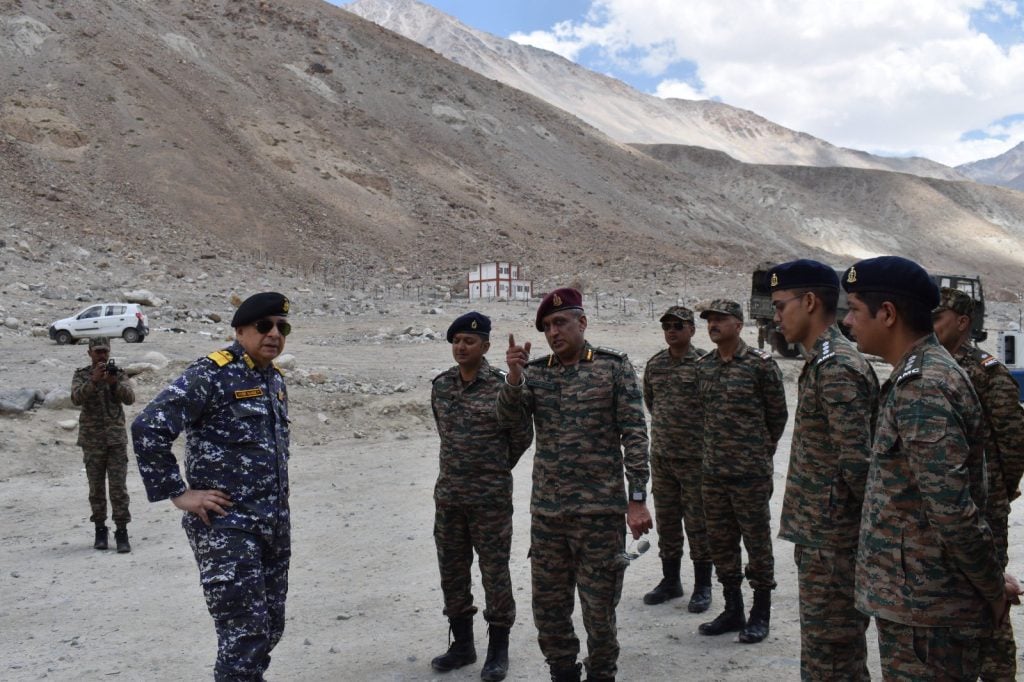Surg Rear Admiral Vivek Hande Completes Ladakh Tour, Reinforces High-Altitude Medical Strategies

Surg Rear Admiral Vivek Hande, a Senior Consultant in Medicine at the Office of the Director General Armed Forces Medical Services (DGAFMS), completed a 10-day operational tour of the Ladakh Corps Zone. The purpose of the visit, which spanned from June 7 to June 16, was to evaluate and strengthen medical resilience in extreme high-altitude environments. Throughout the tour, Rear Admiral Hande engaged with field medical teams and research centers, concluding with an important visit to the Siachen Glacier.
During his visit, Rear Admiral Hande conducted inspections of several military hospitals and forward-deployed field medical units, focusing on logistics, patient care standards, and the modification of medical infrastructure to suit the harsh conditions of the Himalayan terrain. A key point of his itinerary was the High Altitude Medical Research Centre in Leh, where he reviewed ongoing research efforts. The center's acclimatization protocols have reportedly led to a 30% reduction in acute mountain sickness incidents, as highlighted in a 2019 report from the Journal of the Royal Army Medical Corps.

The tour's highlight was Rear Admiral Hande's assessment of the Siachen Glacier, where he had direct interactions with medics and soldiers stationed in one of the world's most challenging environments. The glacier, with temperatures often plummeting to -50°C, is responsible for the majority of non-combat casualties in the area due to its severe weather conditions. Rear Admiral Hande commended the Armed Forces Medical Services (AFMS) personnel for their high morale and professionalism in these adverse conditions, stressing the crucial role medics play in maintaining operational effectiveness at such extreme altitudes.
Apart from medical issues, the visit also addressed the environmental impact of prolonged military presence in the glacier zone. Data from the Pakistan Meteorological Department shows an annual temperature increase of 0.2°C since 2007, which contributes to the accelerated melting of glaciers. To reduce ecological harm, the Defence Research and Development Organisation (DRDO) has introduced cold-resistant bacteria to assist in the natural decomposition of waste, as part of a broader initiative to protect the fragile ecosystem.

Rear Admiral Hande's visit highlights the Indian Armed Forces' commitment to boosting medical readiness in remote and high-risk areas while balancing operational requirements with environmental conservation. His observations and evaluations are anticipated to guide future medical strategies and innovations tailored to the specific challenges of high-altitude warfare.















![Let's Crack SSB Interview Book [Paperback]](http://shop.ssbcrack.com/cdn/shop/files/ssb-books.webp?v=1736351621&width=533)



